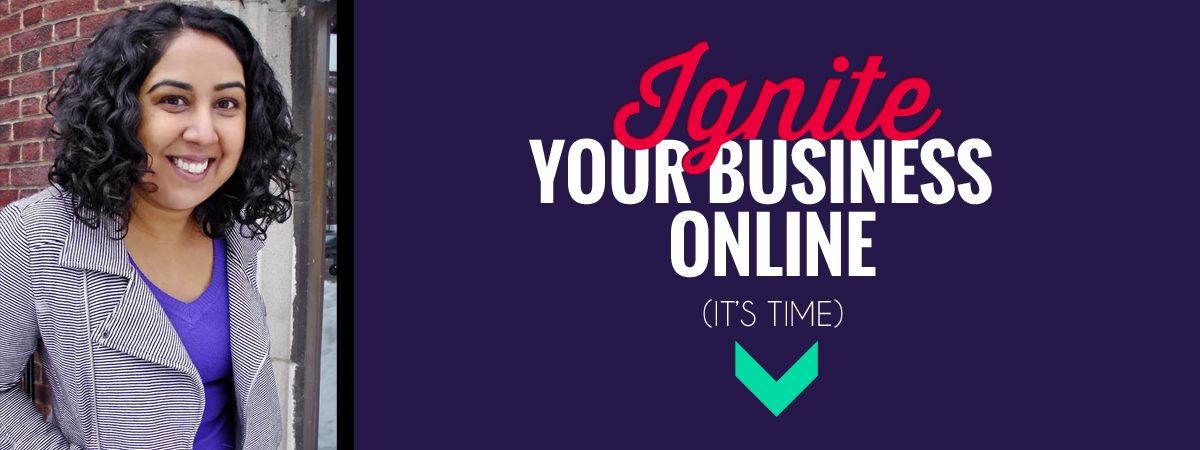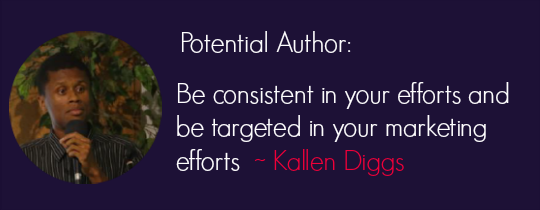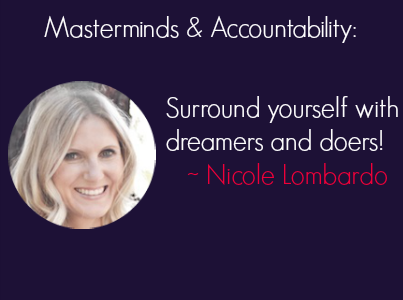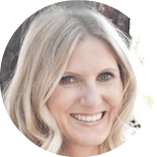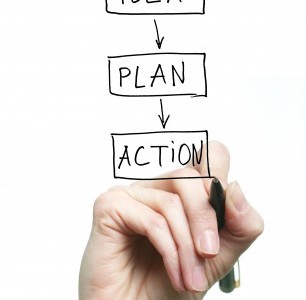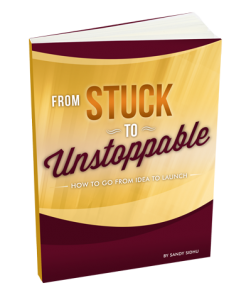So the first thing you’re probably wondering is why the words “failed” and “business” are in quotes. And no, I don’t have a second and third failed business 😛
We’ll get to that but first, a back-story.
My first business, in retrospect, wasn’t so much a business but a hobby.
Some background
A bit more about the business: it started out of the idea that once we leave school it becomes harder to meet people our age, not just relationship-wise but friends who share common interests, as well.
My friend and I started this venture together, after voicing similar concerns and seeing that existing groups that we were part of weren’t serving our exact needs as well as through discussion with other people.
What we did right:
1- Identify A Need
We didn’t do everything wrong- we saw a need and for a large part, were ‘scratching our own itch’.
We began by identifying what was missing from the existing groups that we were a part of and started listing out our requirements.
2- Don’t Reinvent The Wheel
We found a relatively low-cost web platform that we could use to host our eventual site and the network we were going to build. Win! We weren’t reinventing the wheel (my first semester programming prof would be so proud).
Identifying existing resources you can use is really important, rather than having to build everything from the ground up and helps keep costs low. In our case, we used Ning, which lets you create a white-label social network/group.
But we were (and are) getting ahead of ourselves.
We started creating a product before we had:
3- A clear vision/problem statement
While we did identify that we were creating a local social network for women we didn’t get very specific about the exact need we were solving beyond socializing and making friends. Would we focus solely on social activities or would we also do educational/business events?
4- A clear target market
What age and phase of life were they in? Were they single, married? Were they willing to pay for events?
We ended up having a mash-up of interests and age groups because we didn’t focus. Consequently, we had people asking for many different things and a range of age groups to satisfy.
5- A plan for money (this is HUGE!)
Now, don’ get me wrong, this site wasn’t a complete dud.
In its time of glory, we had gotten over 2000 members to join the site, all using “free” methods like social media (but we all know social media isn’t free, right?)
We had many active members, and friendships blossomed.
The site did serve its purpose however what was our bigger purpose with the site?
I was proud of creating something useful for my local community and knowing that on some level I was having a positive impact on people’s lives (finding a BFF is huge!)
We had some ideas of how we could make money but it all depending on certain things:
- Would we charge members?
- Would we ask venues for sponsorship?
- Would we seek advertising?
These were some of the hard questions we should have asked ourselves in the beginning if we were serious about turning this into a real business and not just keeping it as a side-hustle that earned money on occasion.
The “Business”
In retrospect, it wasn’t really a business because if your business isn’t making any money, is it really a business?
It sure can’t stay in business for long! (Unless you have plans to seek outside investment).
And as for “failed”
I don’t see it as failure at all but a really good learning experience that helped me do things much differently this time around. Not to mention, everything in our past shapes who we are today: both the successes and failures!
6- A plan
This was more of a side-thing while I was in a regular 9-5 job, though I did have the occasional vision of grandeur but the problem was not having a clear plan on how to get there. If this was going to turn into something I could use to supplement my income (and maybe even one day replace it), how much did I need to make every week, every month? How many sponsorships would I have to get?
In your case, this may be signing on more clients which means getting more exposure to your target market. This may come in the form of doing more outreach, regular guest posting and so on. It all boils down to having a plan and then working that plan!
7- Knowing when to ‘exit’
Looking back things are always clearer and the could’ve and should haves are glaringly obvious.
But when things are no longer working and you have invested time and effort in it you have to decide whether to keep it as a hobby or move on.
As my friend Benny Hsu put so well, “hope is not a strategy”.
You can’t rely on hope alone to make your business a success but have to take active steps to make it a reality.
If that product launch didn’t go so well, don’t abandon it but learn from it and see what can be improved for the next time.
Back in my software developer days, at the end of every project or software release, we would get the key stakeholders in the room and go over our ‘lessons learned’. What did we learn from the outcome? It was an opportunity to highlight both the positives and negatives in an attempt to capture them and incorporate them into the next project.
Lessons Learned
While you can’t know everything before you start, it’s important to have an idea of where you are hoping to go and how you plan on getting there.
Figure out what problem you will solve, who you’re solving the problem for and then start building the product and the supporting infrastructure.
Whether it’s your teleclass, ebook or program- don’t just create it and hope that “they” (the money, the peeps, whatever your “they” is) will come.
Your turn
1- Did any of these lessons resonate with you? Leave me a comment below!
2- Know someone who could benefit from this post? I would appreciate if you would forward it to one person. Thanks!
Need help brainstorming your next product idea or figuring out your ideal customer? Schedule a complimentary 30 minute coaching session and we’ll get you moving from idea to action!
 Kallen Diggs is the founder and author of Reaching The Finish Line. Some of his work has been published on the Genesis Communications Network. He has helped hundreds of people reach the finish line through his lectures, career consultations, and coaching programs. He lives in Austin, Texas where he enjoys hiking, watching documentaries, and traveling abroad.
Kallen Diggs is the founder and author of Reaching The Finish Line. Some of his work has been published on the Genesis Communications Network. He has helped hundreds of people reach the finish line through his lectures, career consultations, and coaching programs. He lives in Austin, Texas where he enjoys hiking, watching documentaries, and traveling abroad.
